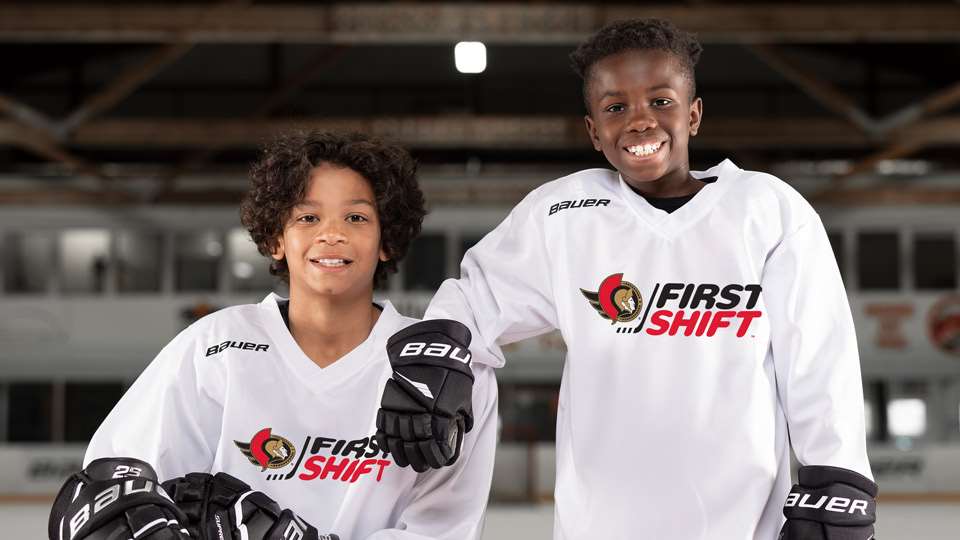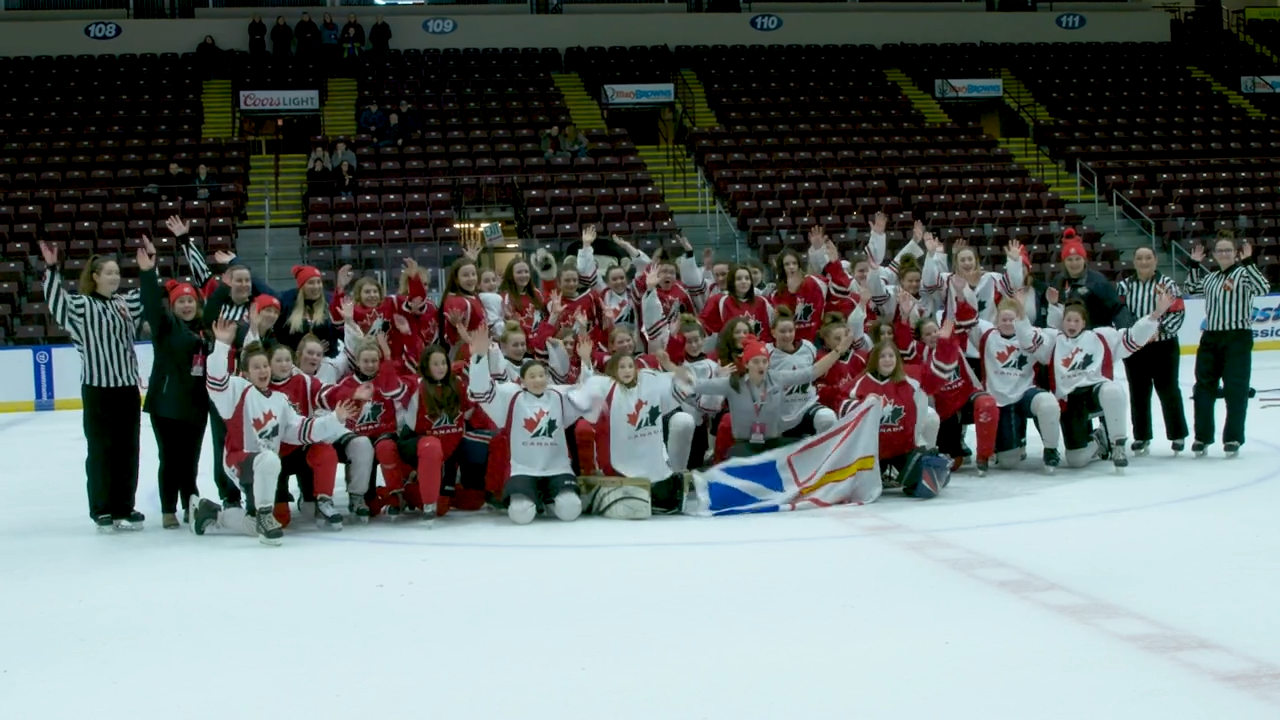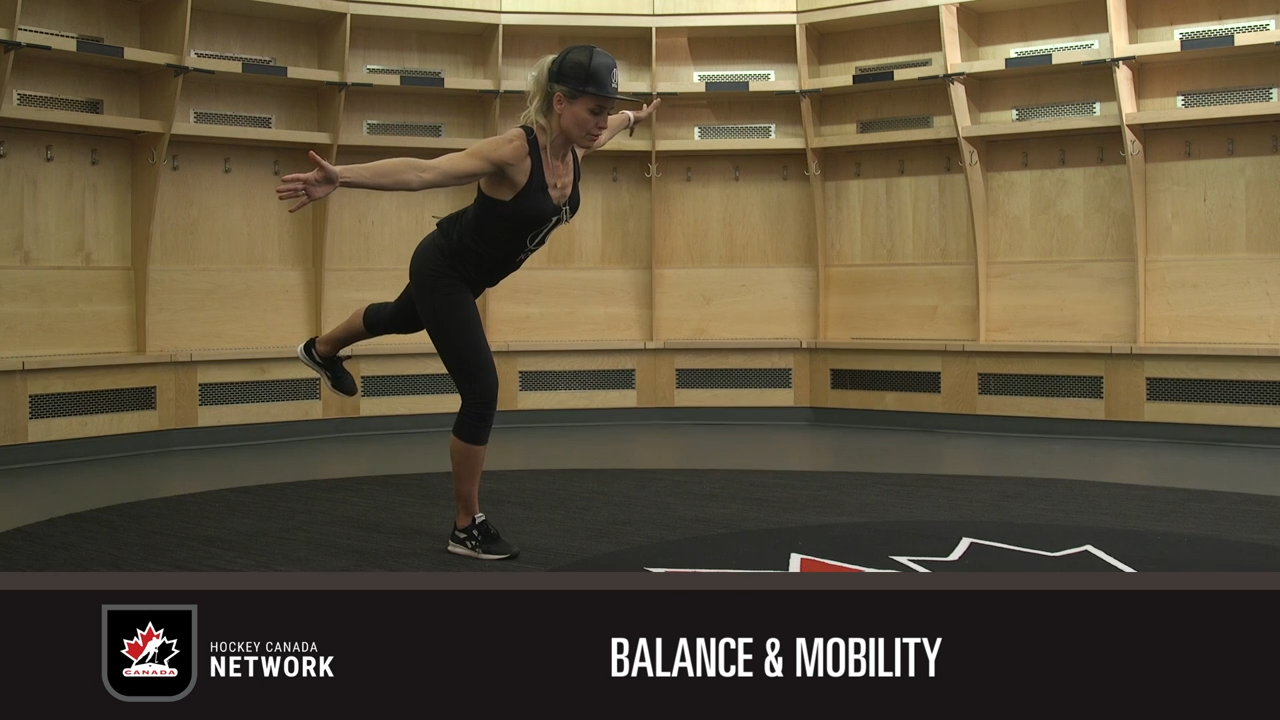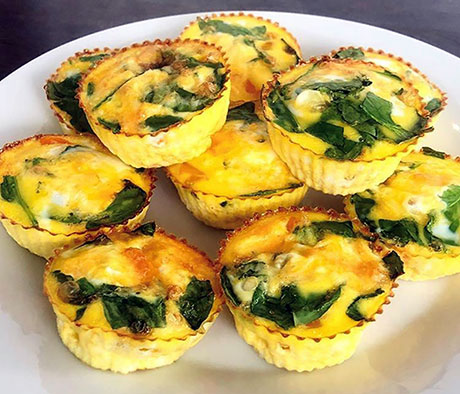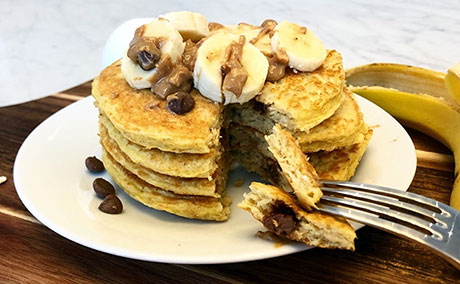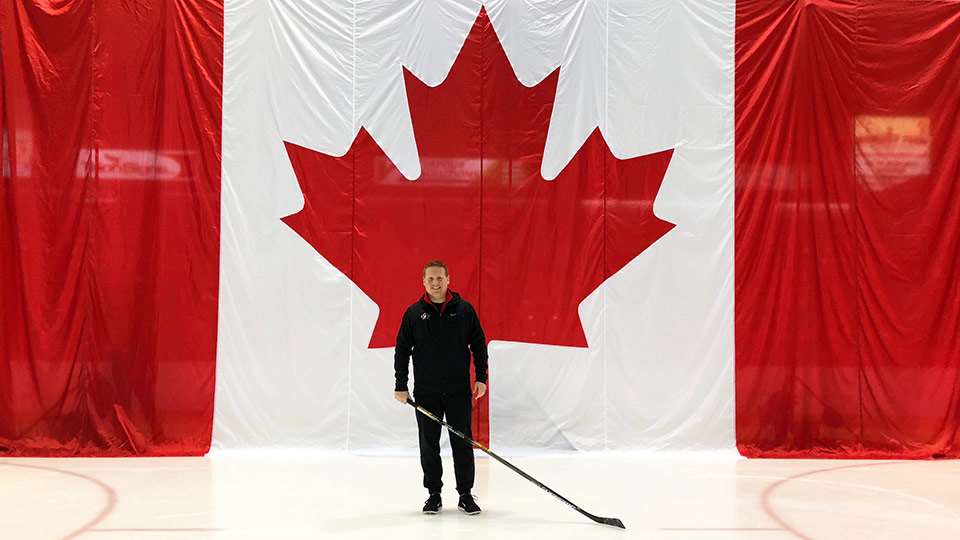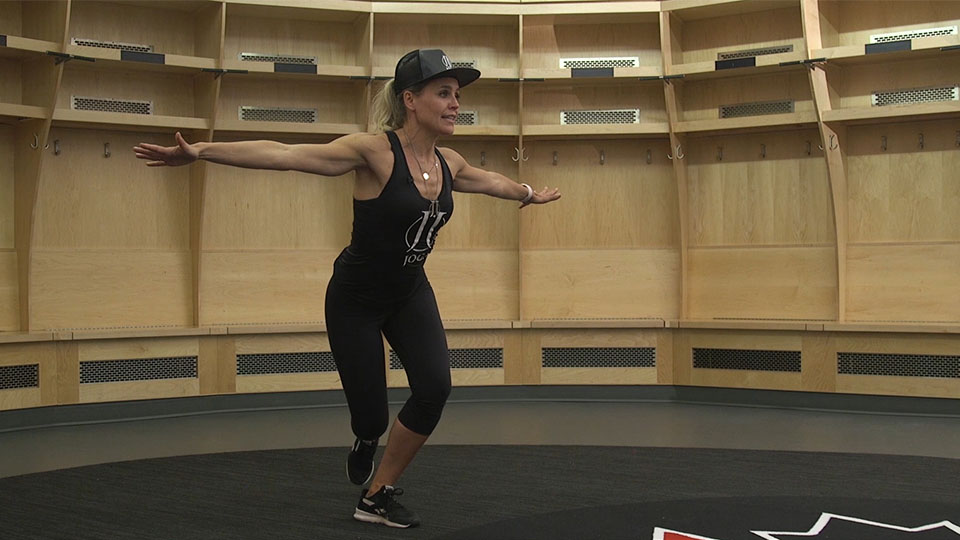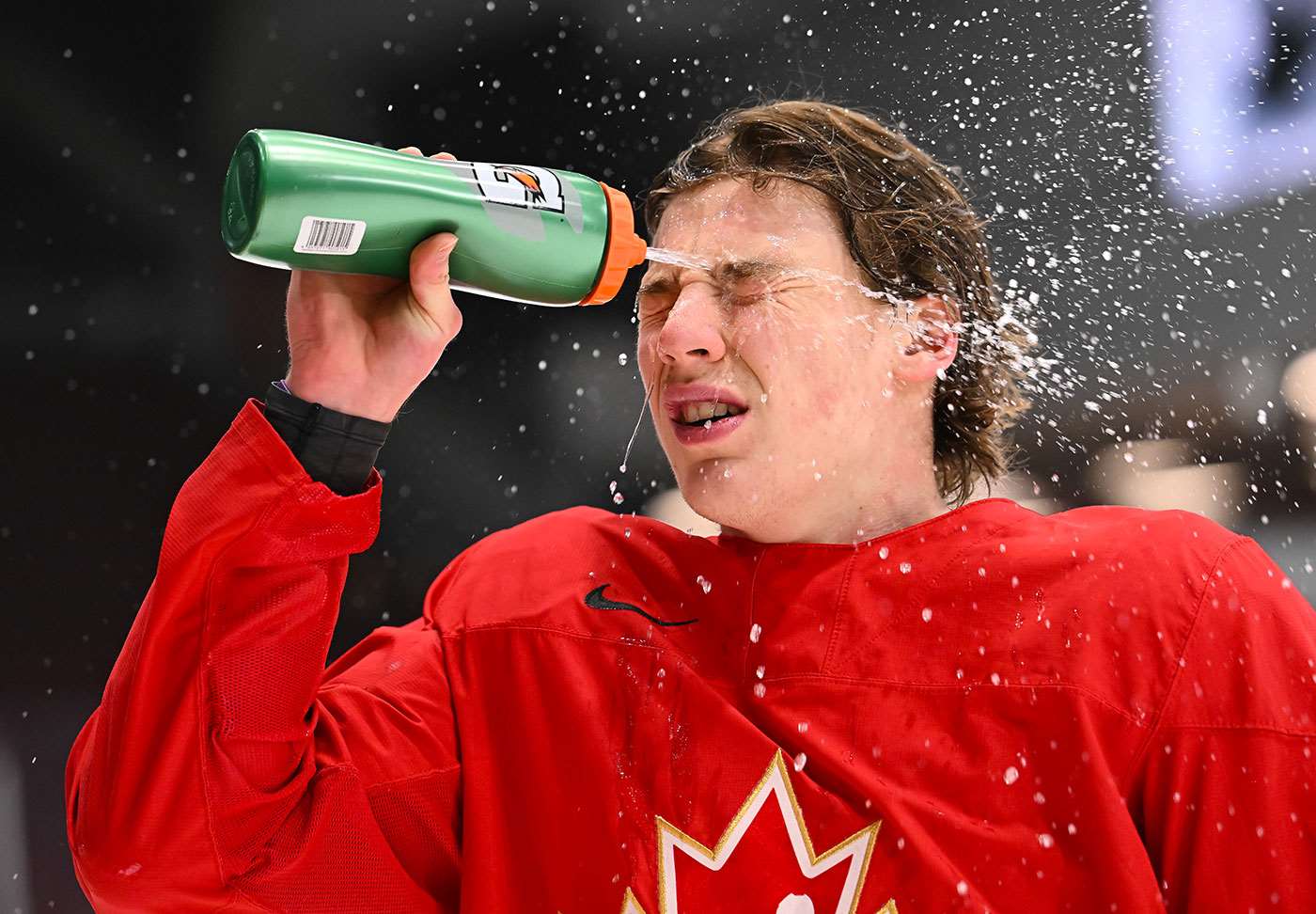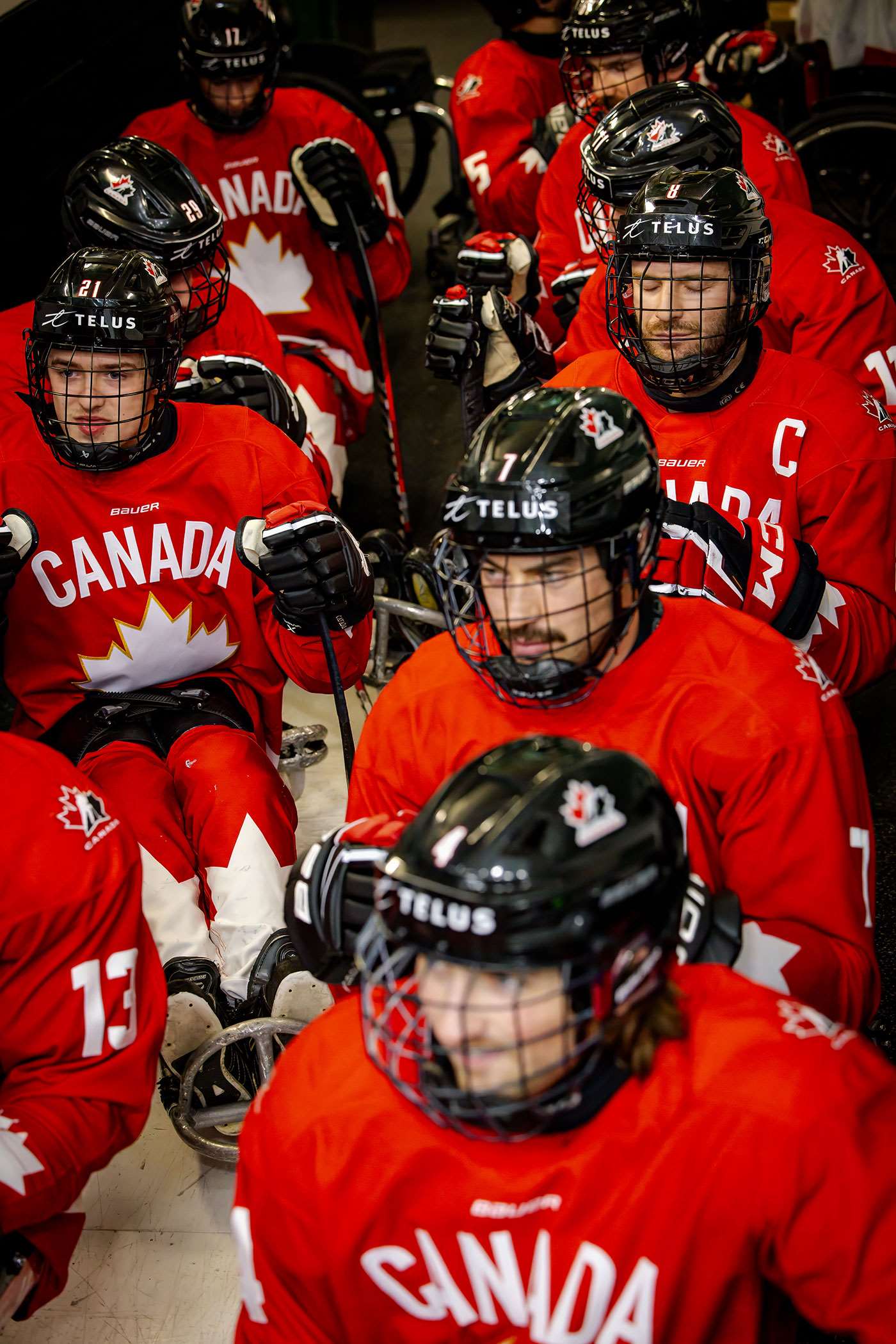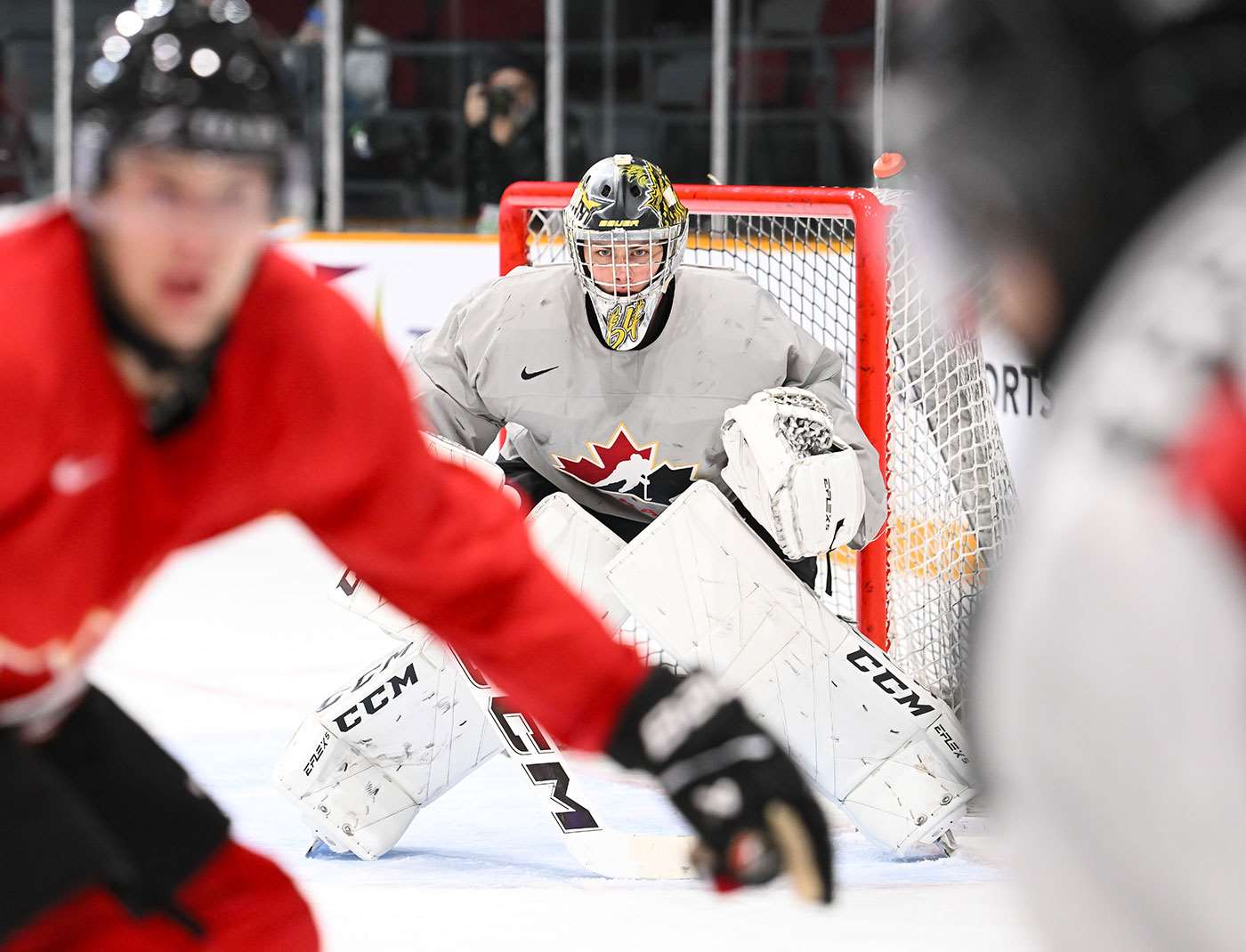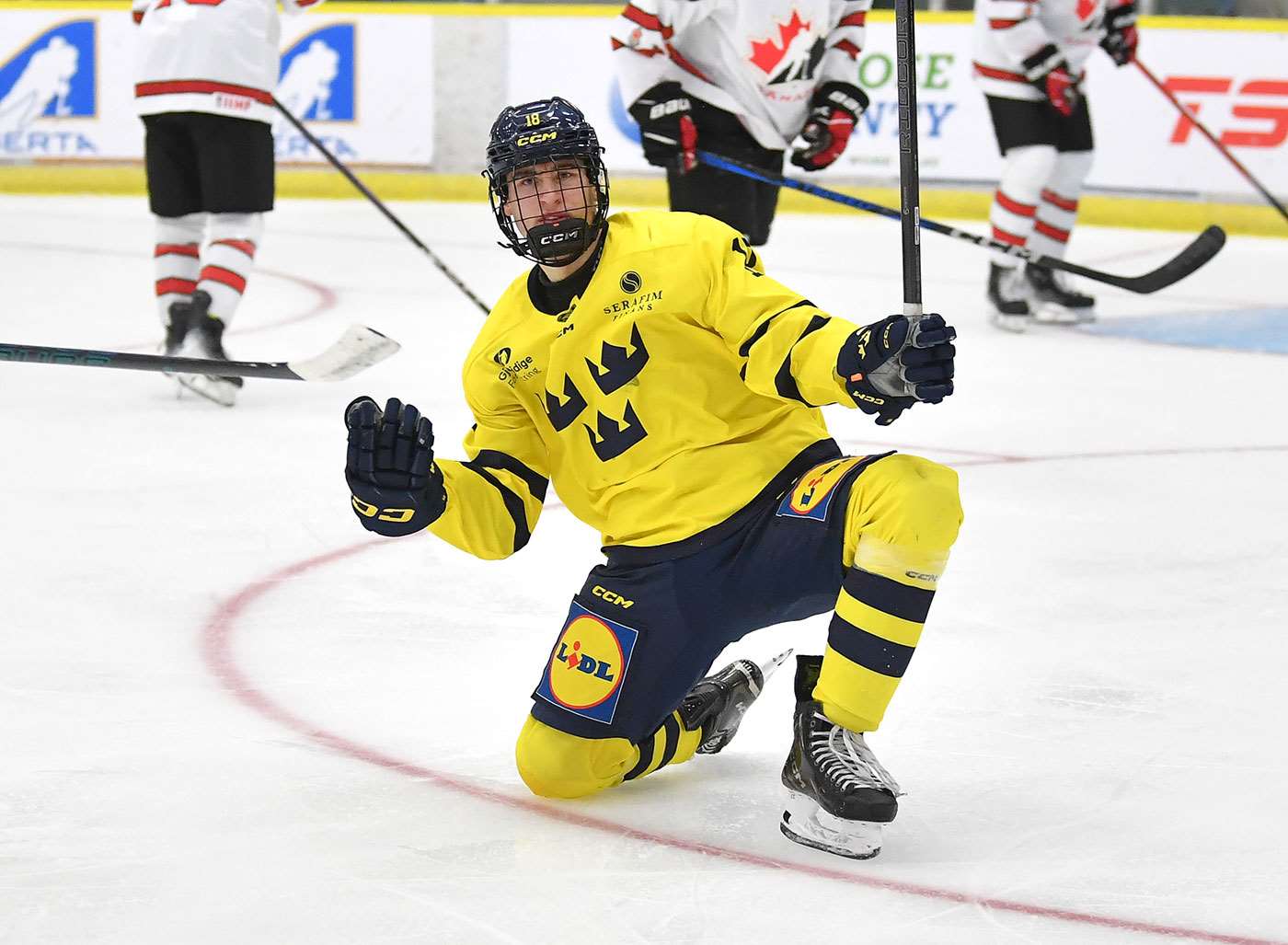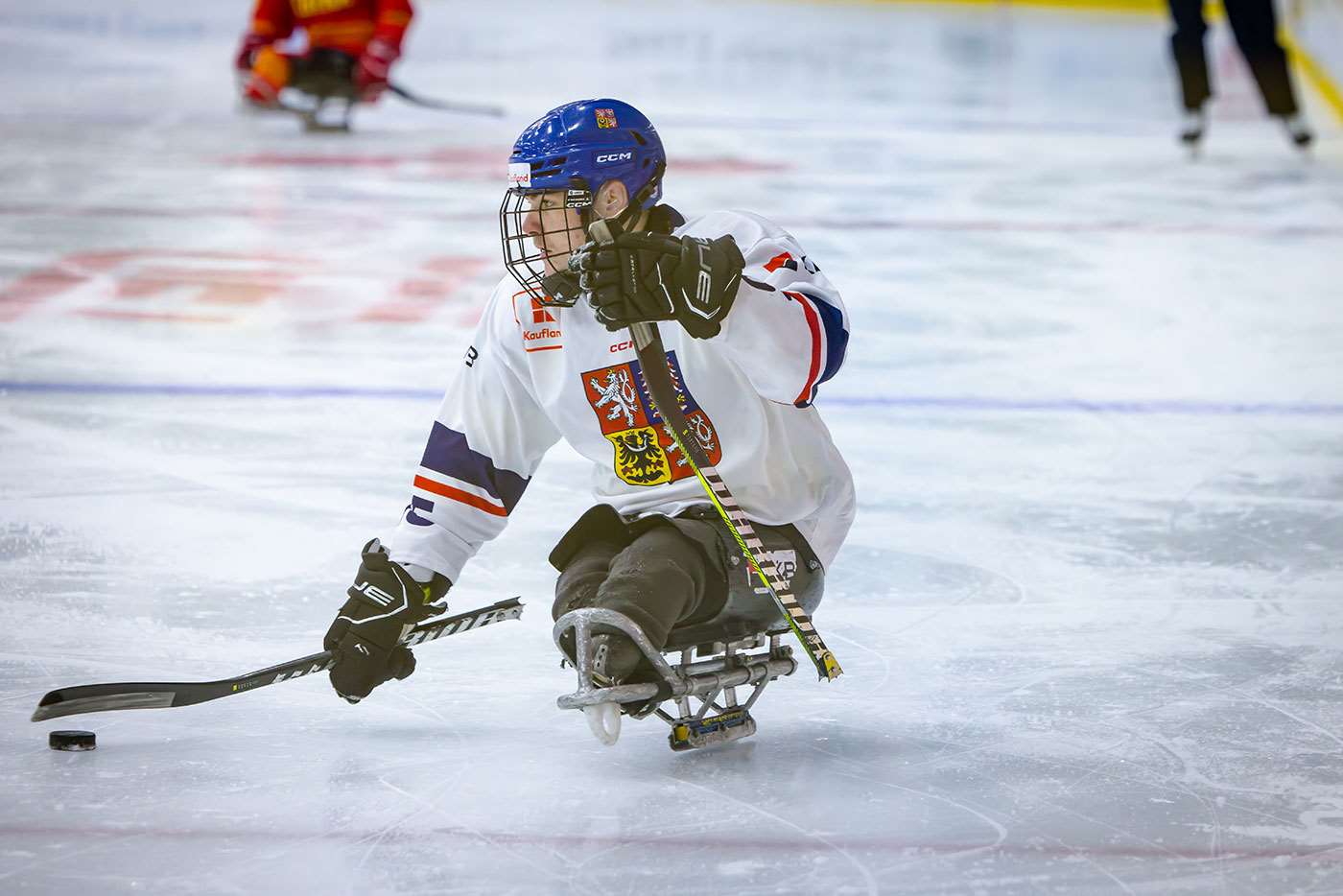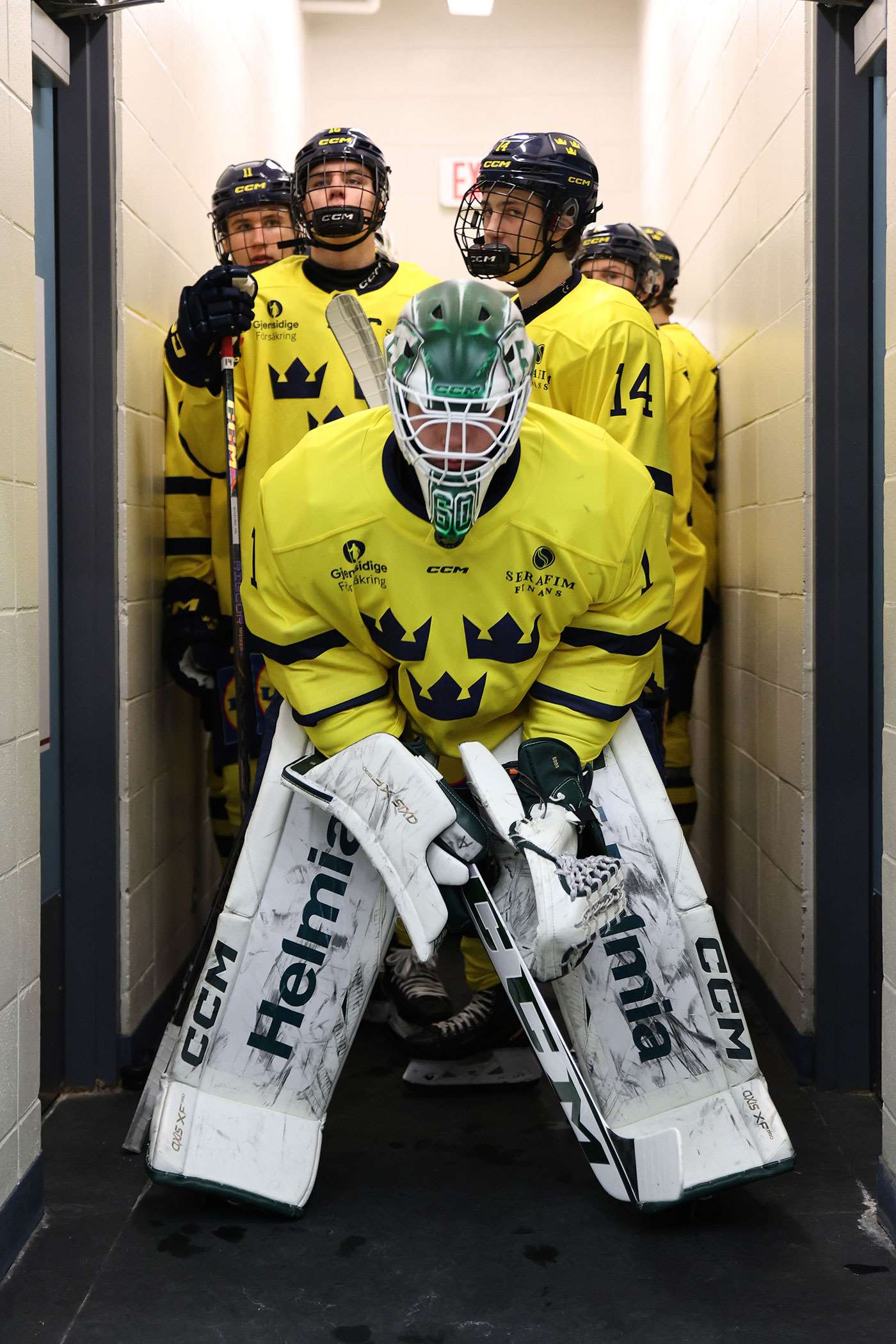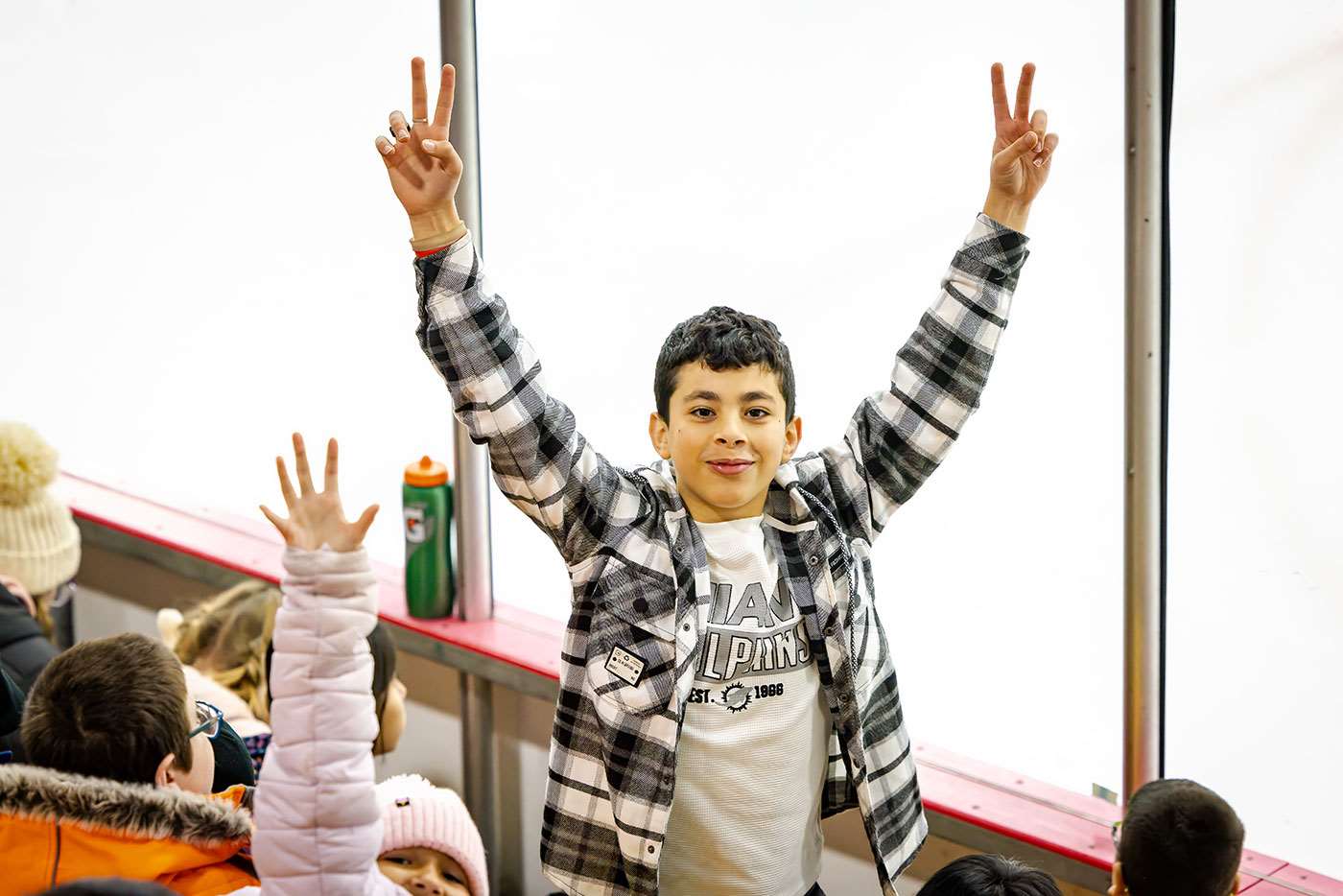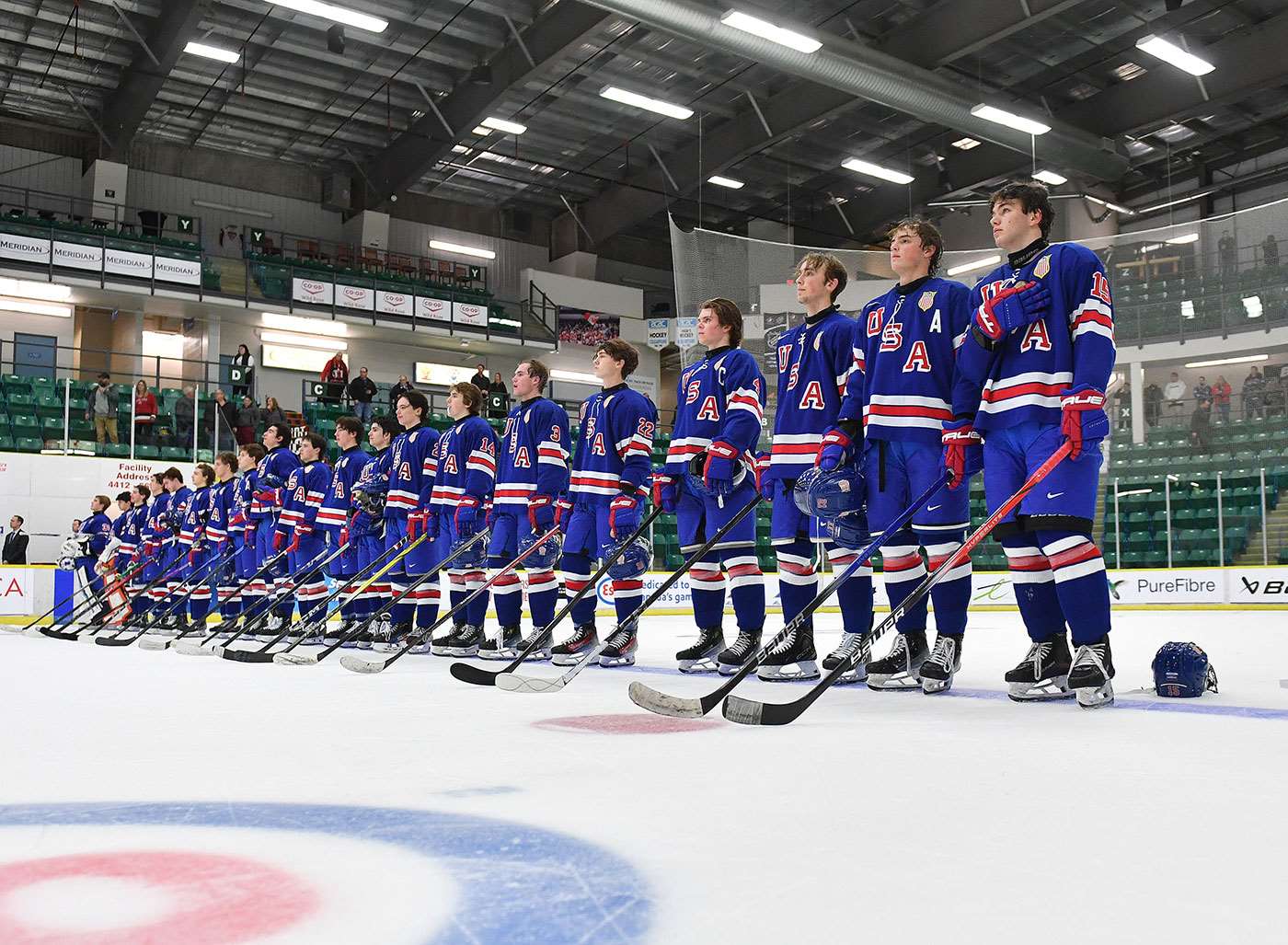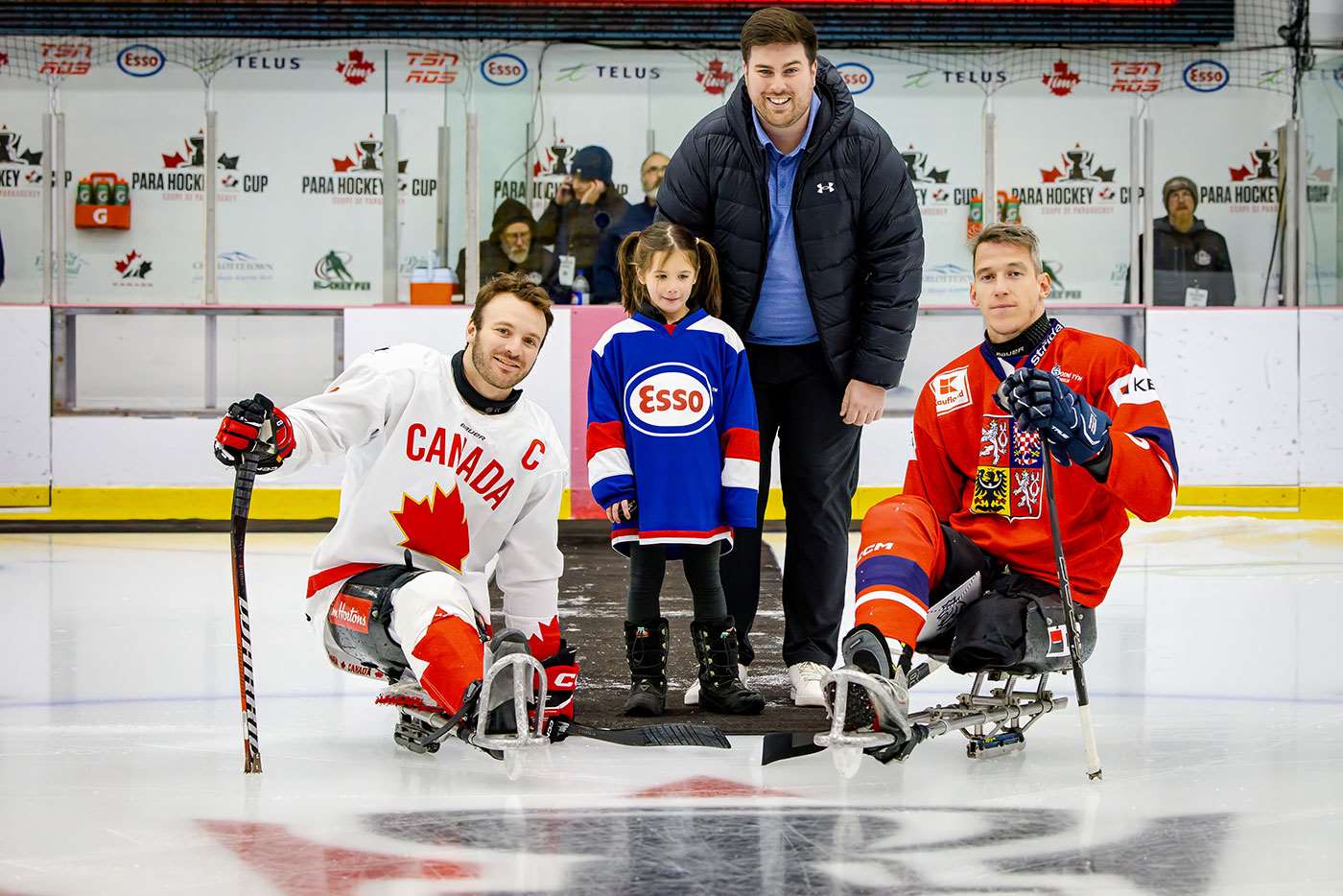
Schedule
Team Canada (Men)
IIHF World Junior Championship | Dec. 26, 2024-Jan. 5, 2025
Spengler Cup | Dec. 26-31, 2024
4 Nations Face-Off | Feb 12-20, 2025
IIHF U18 World Championship | April 23-May 3, 2025
IIHF World Championship | May 9-25, 2025
U17 World Challenge | Nov. 3-9, 2024
Hlinka Gretzky Cup | Aug. 5-10, 2024
Junior A World Challenge | Dec. 9-15, 2024
National Junior Team vs. USPORTS | Dec 12-13, 2024
Search
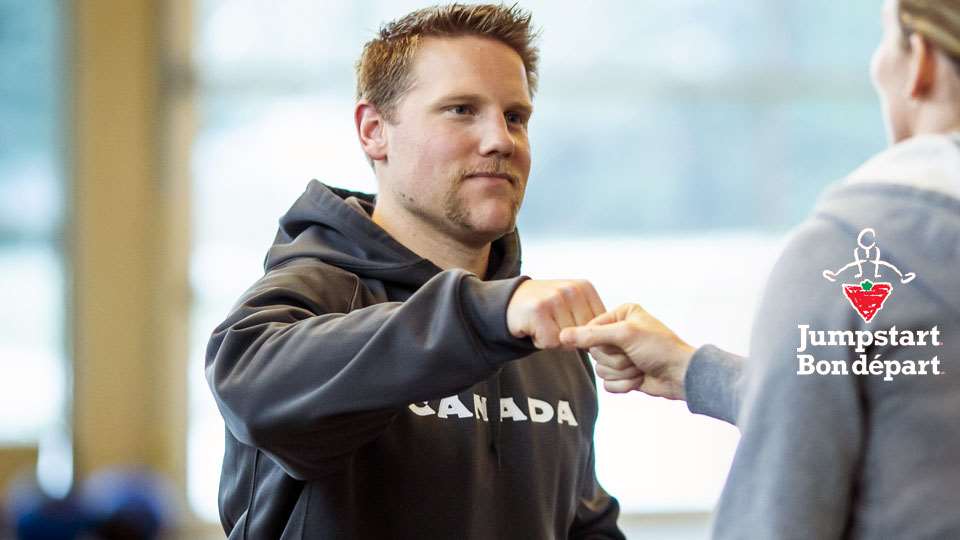
Active with Adam, presented by Jumpstart – Putting It All Together
Hockey Canada’s lead strength and conditioning coach shares tips and tricks to help players stay active at home and start preparations for next season

While the 2019-20 hockey season was forced to an early end due to the COVID-19 pandemic, there is no reason why the focus cannot begin to shift to next season.
One positive of social distancing is the opportunity for players of all ages and abilities to focus on improving away from the rink.
Off-ice training is just as important for hockey development as being on the ice. It allows for athletes to focus on other ways to enhance their on-ice skills.
Let’s break down the ways to improve at home to make sure players are ready to lace up the skates in the fall.
PART 1: SPEED | PART 2: POWER | PART 3: STRENGTH | PART 4: FLEXIBILITY | PART 5: CONDITIONING | PART 6: NUTRITION | PART 7: SKILL DEVELOPMENT | PART 8: MULTI-SPORT | PART 9: MENTAL PERFORMANCE
PART 10: PUTTING IT ALL TOGETHER
Over the last nine weeks, we have covered everything from speed and power to nutrition and mental performance. The key is now how can you consistently apply the principles as you prepare for next season. This will leave you with both a template you can use, along with a few challenges for the rest of the summer.
Feel free to tag @hockeycanada and #ActivewithAdam to share your progress!
SAMPLE TRAINING WEEK
Sunday: Multi-Sport Activity
Grab a tennis racquet, lacrosse stick or soccer ball and head to the local park to have fun and work on coordination. By learning other sports, you will continue to improve your athleticism.
Challenge #1: Learn to juggle a soccer ball – can you keep it in the air for 20 consecutive touches?
Challenge #2: Create an obstacle course and go through it while bouncing a tennis ball off a racquet.
Challenge #3: Try out three different sports this summer – and have fun!
Monday: Strength Training #1 (Pushing)
Creativity might be necessary for the weights and movements based on the available equipment.
CLICK HERE for the full workout.
Tuesday: Movement Training #1 (Speed, Agility, Quickness & Conditioning)
During the speed portion of the workout, remember to recover (2-5 minutes between sprints).
CLICK HERE for the full workout.
Challenge #1: Have a parent/friend time you over 20 metres – how many weeks does it take to get faster?
Wednesday: Strength Training #2 (Pulling) & Mental Performance Check-In
Creativity might be necessary for the weights and movements based on the available equipment.
After the workout, record and review your weekly and monthly goals.
CLICK HERE for the full workout.
Challenge #1: How many weeks does it take to do three more chin-ups than when you started?
Challenge #2: Set out to accomplish your weekly or monthly goal – did you achieve it?
Thursday: Movement Training #2 (Speed, Agility, Quickness & Conditioning)
During the speed portion of the workout, remember to recover (2-5 minutes between sprints).
CLICK HERE for the full workout.
Challenge #1: Time your conditioning runs – are you able to do more work over less time during shuttle runs?
Friday: Strength Training #3 (Lower-Body Speed/Power) & Nutrition
Creativity might be necessary for the weights and movements based on the available equipment.
CLICK HERE for the full workout and recipes.
Challenge #1: Add the new recipes from Emily Fulton to your weekly meal prep.
Challenge #2: Search for two new healthy post-workout meals that are high in protein.
Saturday: Recovery/Regeneration & Mental Performance Check-In
Congratulations on making it through the week! Select 4-5 of your favourite stretches and work on increasing your mobility and flexibility. If you’re feel sore and tired from the week, a short, dynamic movement session will help.
Challenge #1: Try out a meditation app – how long of a daily streak can you maintain?
Challenge #2: What is your favourite stretch? Snap a pic and tag us!
For more information: |
- <
- >

















